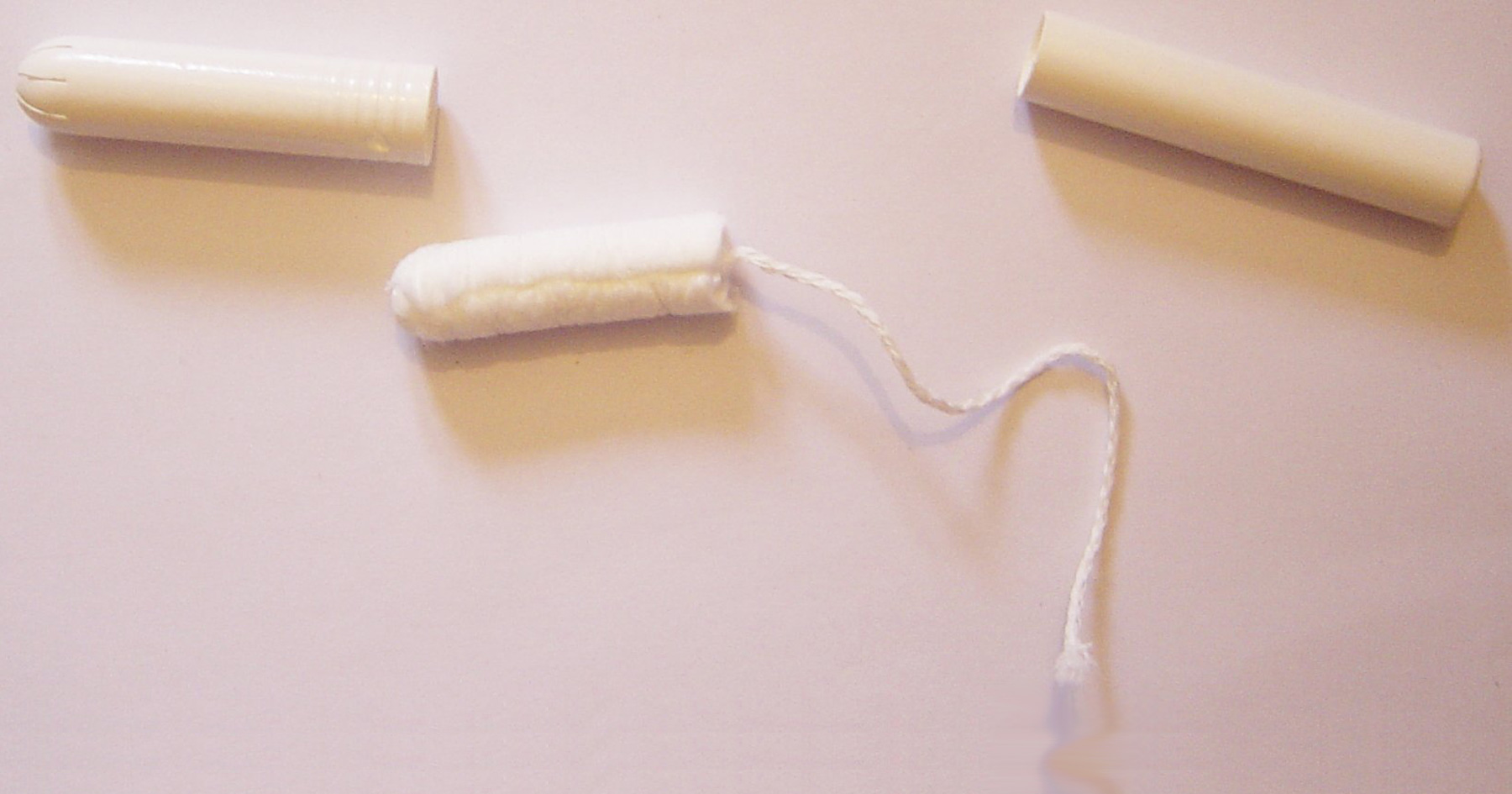European Union Leaders Announce Plan to Ban The 'Tampon Tax'
By:
This week, European Union leaders in Brussels said they had reached a plan to eliminate the so-called "tampon tax," which charges women extra for sanitary products like tampons and pads.
The agreement will place women's sanitary products in the same category as other essentials that are not taxed by the EU, including food, kid's clothes, books, and newspapers, according to the Associated Press.
The initiative was led by British Treasury chief George Osborne, and was approved by EU member states on Friday. EU leaders said on Thursday that they supported eliminating the tax for sanitary products.
The Associated Press explains:
"Under the bloc’s rules, all 28 member states have to agree for a product to be exempted from goods and services tax, though individual countries can vary the rate on some items, including tampons. Since 2000, Britain has set the tax on sanitary products at the lowest possible level, 5 percent. Many EU countries impose a tax of about 20 percent on tampons and sanitary pads."
Supporters of the plan stated it was not fair that other essential items including food, kid's clothes, books, and newspapers are not taxed by the EU, while tampons and pads were. The move comes as some U.S. states take steps to repeal similar taxes — which critics say lob unfair charges on women for no other reason than their biology. This week, Chicago lawmakers voted to roll back their city's tax on tampons and sanitary napkins. A bill in the New York state assembly that would eliminate a similar tax also made progress this week. Five women in the state filed a class action lawsuit earlier in the month, alleging that the tax unfairly targeted women, CBS New York reported.
Taxes on feminine products have become a heated topic of debate recently, with a number of states rescinding feminine hygiene taxes, and several other states considering legislation that would do so. However, recently a panel of all-male lawmakers in Utah decided to keep taxing tampons as luxury items.
 Wikimedia Commons - wikimedia.org
Wikimedia Commons - wikimedia.org
President Barack Obama weighed in on the topic in a January interview with YouTuber Ingrid Nilsen. "I have no idea why states would tax these as luxury items," he said. "I suspect it's because men were making the laws when those taxes were passed."
In addition to the paid maternity leave, the U.S. can once again take a cue from the EU.
